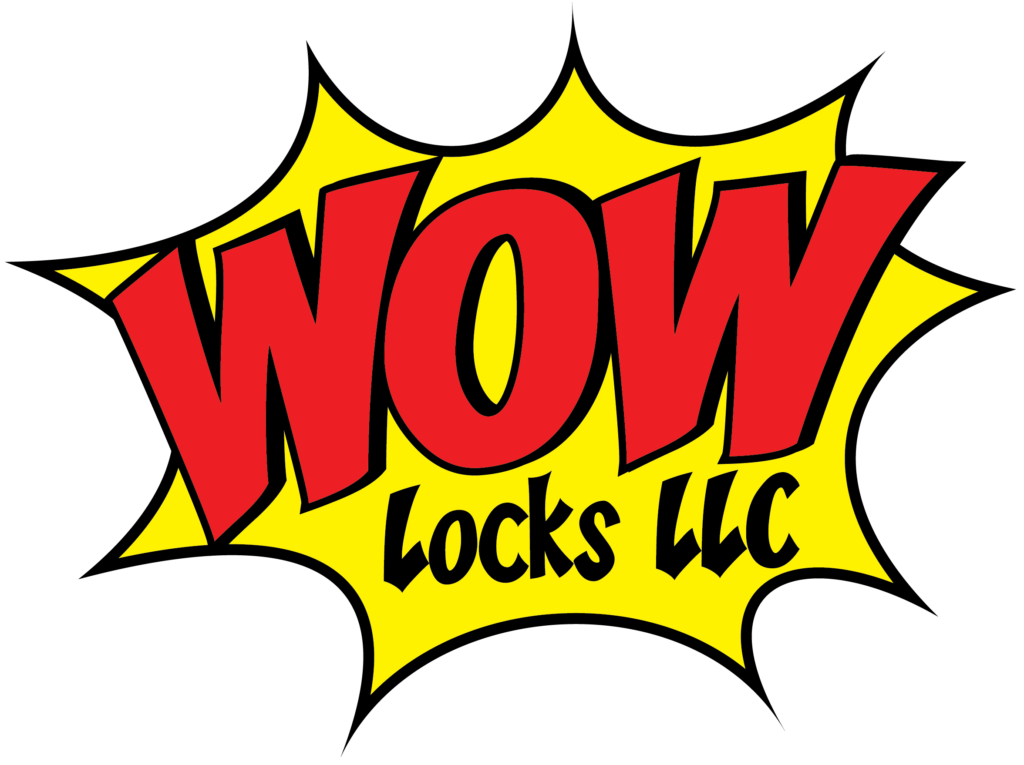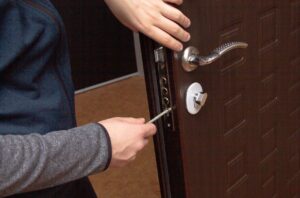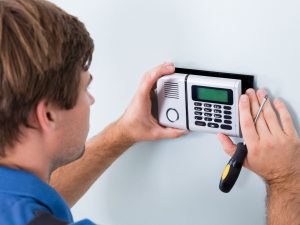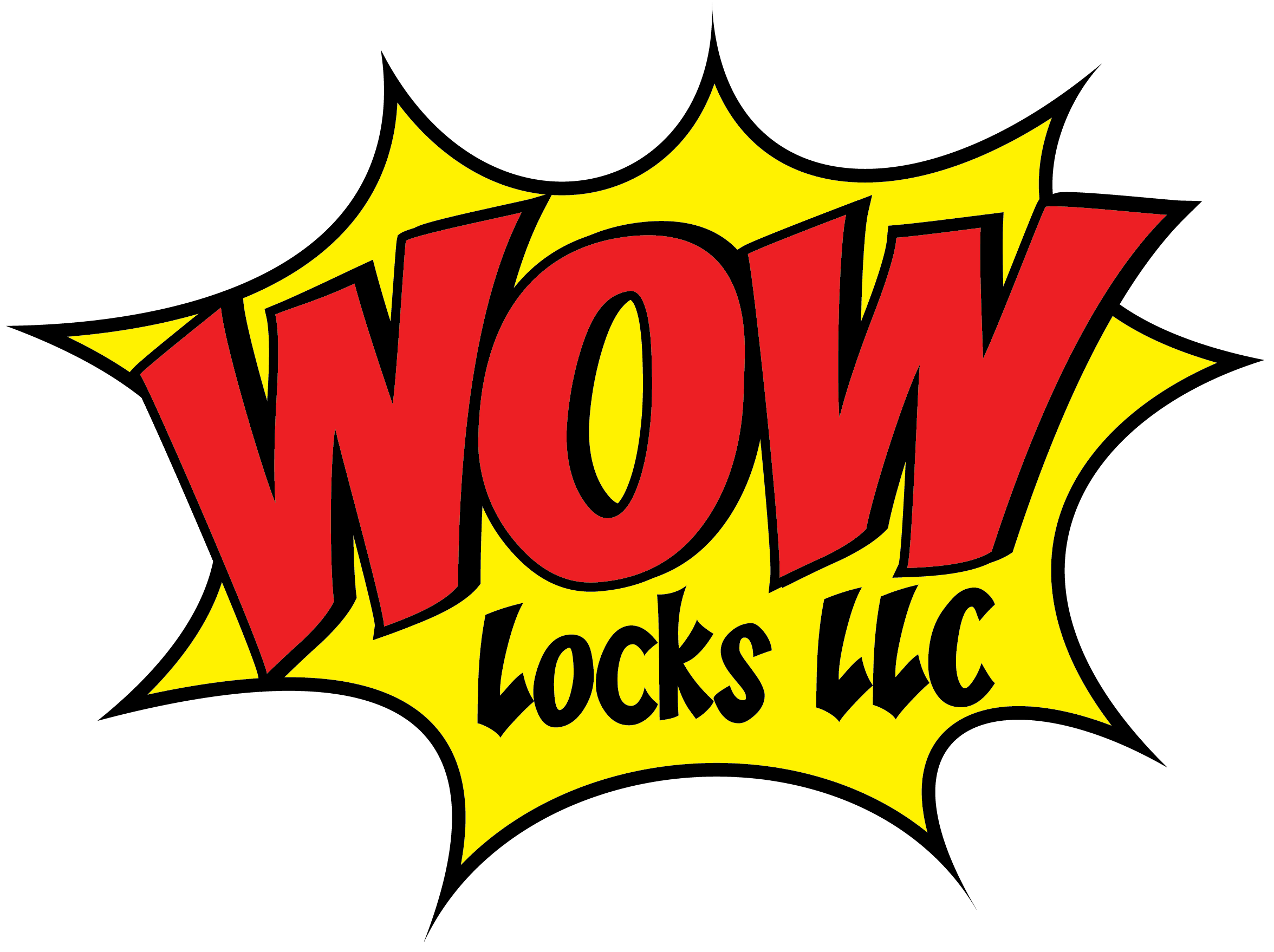In an increasingly digital and interconnected world, security has become a paramount concern for individuals and organizations alike. Traditional lock and key mechanisms are no longer sufficient to protect what matters most.
Access control systems have emerged as a high-tech solution that allows individuals and businesses to personalize their security, enhancing protection, convenience, and efficiency.
In this comprehensive guide, we will explore the world of access control systems, how they work, and their various applications, and answer some frequently asked questions to help you make informed decisions about your security needs.
Understanding Access Control Systems
Access control systems, at their core, are electronic systems designed to manage and restrict access to specific physical locations, areas, or resources. These systems have evolved significantly from the basic lock and key method, incorporating advanced technology to offer a wide range of capabilities. Let’s delve into the key components and working principles of access control systems.
Key Components of Access Control Systems
Credential Readers: These devices, often located near entry points, are responsible for capturing the user’s credential information, such as smart cards, key fobs, or biometric data.
Credentials: These are the authentication methods used by individuals to gain access. Common credential types include proximity cards, magnetic stripe cards, key fobs, PINs, and biometric identifiers like fingerprints or retinal scans.
Access Control Panel: The access control panel serves as the central hub of the system. It stores user information, manages access permissions, and communicates with the credential readers.
Locks and Electric Strikes: Access control systems interface with electronic locks and electric strikes to control the physical barriers that grant or deny access.
Software Management Platform: This software allows administrators to configure and manage the access control system. It enables user creation, credential management, and access control policy settings.
How Access Control Systems Work
Access control systems operate based on the principle of “authentication” and “authorization.” Here’s how the process works:
Authentication: When an individual approaches an entry point, they present their credential to the reader, such as swiping a card or scanning a fingerprint.
Credential Verification: The reader captures the credential data and sends it to the access control panel for verification.
Verification and Authentication: The access control panel checks the provided credential against its database of authorized users. If the credential is valid, the system authenticates the user.
Authorization: After authentication, the system determines if the user has the necessary access privileges for the requested area or resource.
Access Granted/Denied: If the user’s credentials match an authorized profile, the system grants access by triggering the electric lock or strike to open the door or gate. If the credential is invalid or the user lacks the necessary authorization, access is denied.
This seamless and automated process not only enhances security but also provides valuable data for tracking and monitoring access activities.
Applications of Access Control Systems
Access control systems find applications in various sectors, offering tailored solutions to meet specific needs.
Here are some common applications:
Residential Security
Access control systems can be used in homes to replace traditional locks and keys. Homeowners can employ keyless entry options like fingerprint or PIN access for their front doors. These systems also allow for remote monitoring and management, enabling homeowners to grant temporary access to guests or service providers and receive real-time notifications about entry and exit.
Commercial and Office Spaces
For businesses and office buildings, access control systems provide a secure environment while streamlining operations. These systems help manage employee access to different areas within the workplace, safeguard sensitive data, and monitor entry and exit times. They can also integrate with time and attendance systems to automate employee timekeeping.
Healthcare Facilities
In healthcare settings, access control systems are crucial for protecting patient data, medical supplies, and ensuring the safety of patients and staff. These systems allow administrators to restrict access to sensitive areas like medication storage rooms or patient records while providing authorized personnel with easy, secure access.
Educational Institutions
Educational institutions often use access control systems to control access to classrooms, dormitories, and administrative offices. This ensures the safety of students and staff while providing a record of who enters and exits the premises, enhancing security in the event of emergencies.
Industrial Facilities
Industrial settings benefit from access control systems to regulate access to hazardous areas or critical equipment. These systems help maintain safety standards, prevent unauthorized entry, and improve overall facility security.
Government and Military Installations
Government agencies and military installations rely on highly secure access control systems to protect classified information, sensitive equipment, and restricted areas. These systems often incorporate multi-factor authentication methods for heightened security.
Retail Establishments
Retail stores utilize access control systems for loss prevention, ensuring that only authorized personnel can access stockrooms and sensitive areas. Additionally, these systems can help monitor employee attendance and punctuality.
Benefits of Access Control Systems
Access control systems offer a wide range of benefits, making them an attractive security solution for various applications:
Enhanced Security
Access control systems provide a higher level of security compared to traditional lock and key methods. The ability to grant and revoke access privileges easily ensures that only authorized individuals can enter specific areas.
Personalization
These systems allow for personalized security solutions, granting different access levels to different individuals. Administrators can assign custom access permissions based on roles and responsibilities, reducing the risk of unauthorized access.
Access Monitoring
Access control systems provide detailed logs of access activities, offering valuable insights into who entered and exited specific areas and when. This information can be useful for security investigations, audits, and compliance purposes.
Remote Access Management
Many modern access control systems offer remote management capabilities, allowing administrators to control access from anywhere with an internet connection. This is particularly beneficial for businesses with multiple locations or homeowners who want to manage access while away from home.
Frequently Asked Questions
Now that you have a fundamental understanding of access control systems, let’s address some frequently asked questions to help you make informed decisions regarding their implementation.
What types of credentials can be used with access control systems?
Access control systems support a variety of credentials, including:
- Proximity cards: These cards use RFID (Radio-Frequency Identification) technology and are often swiped or tapped on a reader to grant access.
- Magnetic stripe cards: These cards have a magnetic stripe similar to credit cards and are swiped through a reader.
- Key fobs: These small devices are easily carried on a keychain and are often used for remote access.
- PINs (Personal Identification Numbers): Users enter a numeric code on a keypad or touchscreen.
- Biometric identifiers: These include fingerprints, retina scans, and facial recognition. Biometric data is unique to each individual
How do I choose the right access control system for my needs?
Selecting the right access control system for your specific needs involves several considerations.
Here are some steps to guide your decision:
Identify Your Goals: Determine your primary security goals. Are you looking for enhanced security, convenience, or both? Knowing your objectives will help you choose the right features.
Assess Your Property: Evaluate the physical layout of your property or facility. Consider the number of entry points, the type of doors, and the level of security required for different areas.
Budget: Define your budget for the system. Access control systems vary in price based on their complexity and features. Be prepared to balance your security requirements with your budget constraints.
Scalability: Consider whether the system can be easily expanded or modified as your needs change. Scalability is vital for businesses and individuals who plan to grow or adapt their security over time.
Integration: If you have other security systems in place, such as surveillance cameras or alarms, ensure that the access control system can be integrated with these systems for a more comprehensive security solution.
User-Friendliness: The system should be user-friendly for both administrators and users. Complicated systems can lead to issues with user compliance and management.
Compliance and Regulations: Ensure that the access control system meets any industry-specific regulations or compliance requirements, especially if you operate in sectors like healthcare, finance, or government.
Access Control Types: Choose between traditional access control systems, cloud-based systems, or hybrid solutions. Each has its advantages, so pick the one that aligns with your needs and preferences.
Support and Maintenance: Consider the availability of technical support and ongoing maintenance. Having reliable support is essential for system upkeep and troubleshooting.
Can access control systems be bypassed or hacked?
Access control systems are designed with multiple layers of security to minimize the risk of unauthorized access. However, like any technology, they may still be vulnerable to certain threats.
To enhance security:
- Choose strong and unique access credentials to prevent unauthorized duplication or sharing.
- Regularly update and patch the access control system’s software to address known vulnerabilities.
- Implement multi-factor authentication (MFA) for an extra layer of protection.
- Monitor access logs for suspicious activity and potential breaches.
- Secure the physical components of the system, including the control panel and readers, to prevent tampering.
While no system is entirely foolproof, taking these precautions can significantly reduce the risk of bypassing or hacking.
What happens if I lose my access credential (card, key fob, etc.)?
Losing an access credential can be a security concern. Most access control systems have procedures in place to address this issue:
Report the Loss: Immediately inform your system administrator or security personnel about the lost credential.
Credential Deactivation: The administrator can deactivate the lost credential in the system to prevent unauthorized access.
Replacement: If you’re an authorized user, you can request a replacement credential. This might involve reissuing a new card or key fob or updating your PIN.
Temporary Access: In the interim, if you need access, the administrator can provide temporary permissions.
Regularly Update Credentials: To minimize the risk of lost credentials, regularly update and replace them if necessary.
Are access control systems suitable for small businesses and homes?
Absolutely! Access control systems are scalable and can be tailored to fit the security needs of small businesses and homes.
In fact, they offer unique benefits in these settings:
- Convenience: Access control systems provide keyless entry, which is especially convenient for homeowners and small business owners. No more fumbling for keys or worrying about lost keys.
- Security: Enhanced security is beneficial for protecting your home or business assets. Access control can also deter unauthorized entry.
- Access Monitoring: Keep track of who enters and exits your property. This is useful for home security and small businesses where monitoring personnel movement is vital.
- Remote Access: Many systems offer remote access management, allowing homeowners and small business owners to control access even when they’re not on-site.
- Cost-Efficiency: Access control systems can be cost-effective in the long run, reducing the need for constant lock changes and improving overall security.
Can I integrate an access control system with my home automation or smart home system?
Yes, many modern access control systems can be integrated with home automation or smart home systems.
This integration offers several advantages:
- Enhanced Convenience: Access control can be integrated with other smart home features, allowing you to control your security system from your smartphone or voice-activated devices.
- Automation: You can set up automated tasks, such as disarming the security system when you unlock the front door, adjusting lighting based on entry, or sending alerts to your smart devices when there’s a security event.
- Monitoring: The integration allows you to monitor your access control system alongside other smart home devices in one centralized app, providing a comprehensive view of your home security.
To achieve this integration, it’s essential to choose an access control system that supports the protocols used by your smart home devices, such as Z-Wave or Zigbee, and ensure that your smart home hub is compatible with the chosen access control system.
Are you looking for a secure and personalized access control system?
WOW Locks LLC offers high-tech solutions to make your security personal. We specialize in access control systems that allow you to customize the level of security needed for any situation. Our products feature advanced technologies like biometrics recognition, RFID authentication, keyless entry systems, and more – so that no matter what type of environment you’re in, our solutions provide reliable protection with ease.
With WOW Locks LLC, you don’t have to worry about compromising on safety any longer. Our team provides innovative and intuitive technology designed specifically for your individual needs whether it be residential or commercial space requirements. Plus all our products come with consistent customer service so whenever something comes up; we are here to help!




